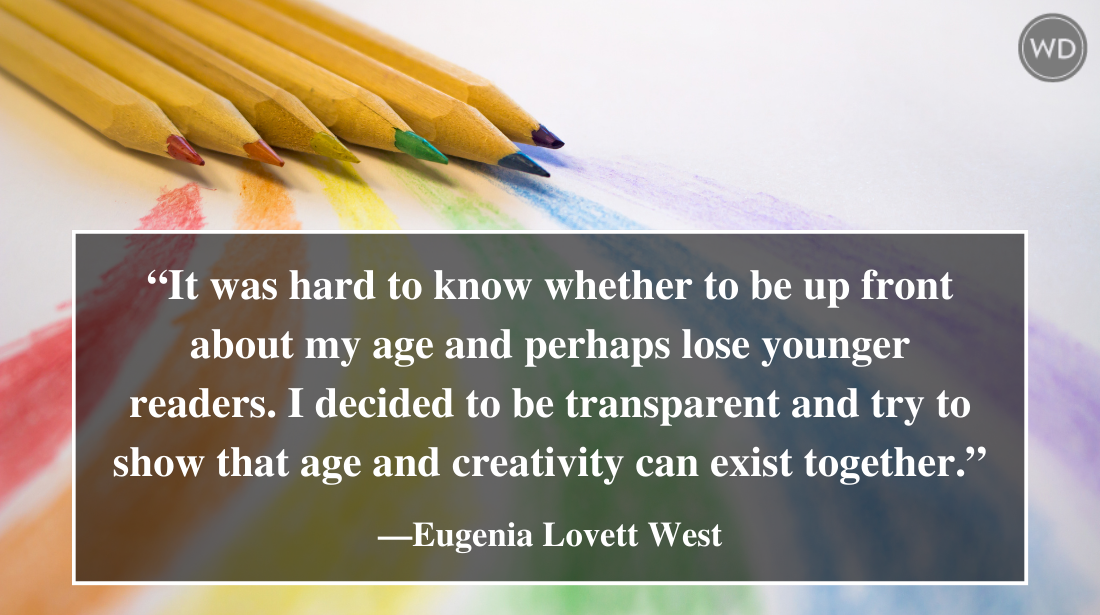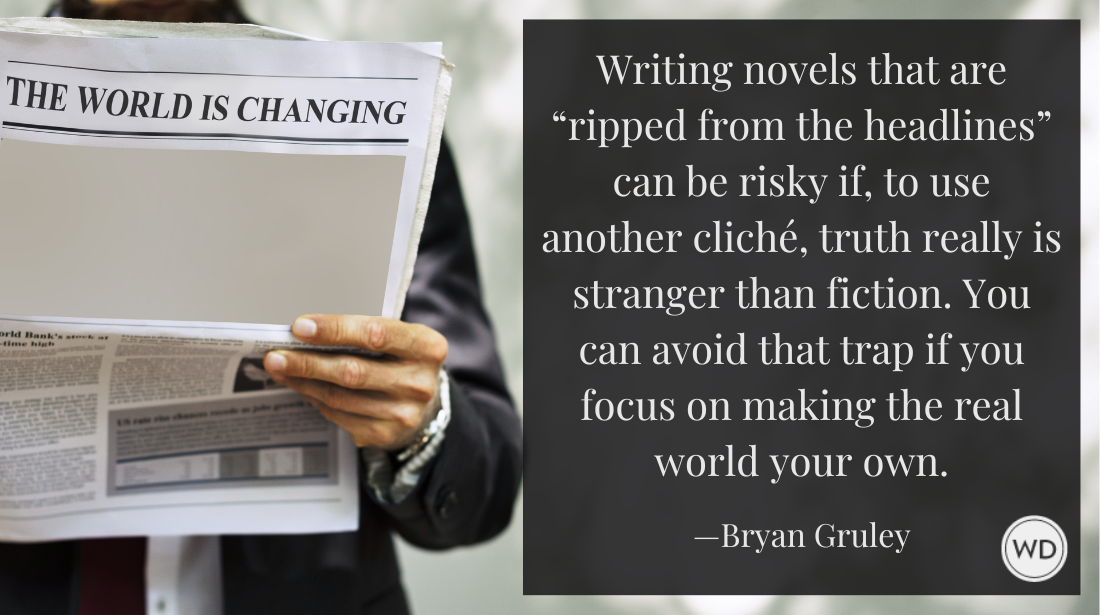WORKING and NOT WORKING with regard to the WRITING of REAL-WRITING
Today’s guest post is from writer Nath Jones. I’ve known Nath since 1992, when we both started attending a quirky high school on the campus of Ball State University in…
Today's guest post is from writer Nath Jones. I've known Nath since 1992, when we both started attending a quirky high school on the campus of Ball State University in Muncie, Ind. She now lives in Chicago and has been attending Northwestern for a graduate degree in creative writing. You can find out more about her work here.
If I am sitting in my apartment on the couch, if I then tip over after a while and grab “The Journals of Lewis and Clark” up off the floor, if I pull the sea-foam blue, down-blanket over my shoulders, drop the book, and fall almost all the way asleep while listening to the cars go by outside on criss-crossing streets, it could be argued that I am not working.
But I’m a writer. A person devoted to her craft, sacrificing every other aspect of life to the fulfillment of this one dream. There is so much that goes in to becoming a “real writer.” Yet, most of the time, it’s still hard to take the whole thing seriously. Before getting very far in a writing life, one must find some professional bearings. One of the hardest things to figure out is deciding for oneself what constitutes “real writing” and “really working.”
Writing is a sort of exercise in futility. So writing, when one does not believe fully in oneself, has about it, an element of the absurd. It seems that one would have an easier time spinning straw into gold. And it is exceedingly difficult to believe oneself capable of spinning straw into gold—though it is much easier than believing oneself a “real writer.”
Where might one go to figure out how to spin straw into gold? There is only one place, into the mind. But what a journey! Is there any more daunting? No. But becoming a writer does not have to be a lonely and exhaustive survey of the psyche’s wild back country. Many writers have made this exact same foray into a world of what amounts to nonsense.
Nonsense? Sure, nonsense. The whole point of writing is to make sense, creating meaning. But the process of writing—the place where writing occurs if you will—is nebulous. Existence in such a place is disorienting, because it is riddled with ideas that do not yet adhere in ways that make sense.
Still, one does not need to reinvent every wheel and insist upon flailing around in the bush with a machete. (Yet I have had quite a bit of fun blazing my own trails my own way, and do, in fact, recommend it.)
But the question remains, am I working at all if I’m just bush-whacking my brain on the couch and not writing “real writing?” If I’m overcoming fears related to self-doubt, is that productive? Is it enough to practice, to go through the motions, to submit to the indulgence and pathology of a constant clattering at the keyboard, to inundate every single person I know with communiqué?
There is such a lack of tangibility in “really working”. It is so confusing. There are plenty of days when I am doing things that are absolutely necessary to becoming a “real writer” but don’t translate into pages of novels, short stories, or essays. This makes it very difficult to feel that one is “becoming a real writer.” When you are thinking, developing ideas to points of saturation, researching, reading, emailing, reading literary websites, it’s hard not to answer the phone when family members call. It’s hard not to drop everything if someone has free tickets to an afternoon ballgame. And it’s hard to take yourself seriously as a professional when even the “real work” you’re doing involves quite a bit of dithering, fiddling, and outright “dicking around online.”
It would seem that maybe—if I had a support system of individuals worth listening to—that I should be out finding respectable clothes, shopping for groceries, and toning my abs instead of allowing endless hours to disappear into the maw of self-doubt. But no. The writing is more important.
So. Couch. Book. Blanket. Dreams. And one is likely to confront various personal inadequacies in the discovery of this sense of professionalism. So a real writer will commit much of ones time to negotiating the strictures of paralysis and suffocation. Disbelief is daunting and constantly overcoming it takes a huge amount of time in a writing life. Of all the hours I devote to the productive development of my craft, I still must spend many more confronting inability. Yet, if you log those hours, and wait out the doubt, it almost always pays off.
Somehow, it always seems to happen, that suddenly I’m spinning straw into gold. Sometimes I still find myself stopping short, thinking. “What is straw?” “What is spinning?” “What is gold?” In context, they’re all abstractions. The meaning assigned to abstraction flexes, changes with the light. I’m constantly assigning meaning to these concepts. At any given moment “straw” can mean “life,” or “childhood,” or “grief.” Gold may mean, “a finely crafted piece of work,” or “income,” or “acceptance by a broad readership.”
Well, if that’s not confusing, I don’t know what is. It’s easy to see how a person can end up right back on the couch. Unless one has a very clear vision, writing can quickly become a mixed up jumble of cross-purposes. It’s like a cook trying to make soft caramels and chicken pot pie in the same bowl at the same time. It can’t happen. It won’t work. A writer simply cannot be trying to turn grief into income, while at the same time trying to turn childhood into a finely crafted piece of work.
Published or not, I’m a real writer, even on the couch under the blanket exercising avoidance on hundreds of fronts. And even on the couch, I’m really working. Benign catatonia is a significant percentage of what it means for me to exist as a writer. Why? Because nine times out of ten, I wake abruptly from somnolence and am compelled to record some newly discovered idea right then and there. For the next twenty minutes, or several hours on the really good days, no one could convince me that I am not working. I’m definitely working. It is undeniable. I’m busy. I’m writing. Don’t even think about interrupting me.
Jane Friedman is a full-time entrepreneur (since 2014) and has 20 years of experience in the publishing industry. She is the co-founder of The Hot Sheet, the essential publishing industry newsletter for authors, and is the former publisher of Writer’s Digest. In addition to being a columnist with Publishers Weekly and a professor with The Great Courses, Jane maintains an award-winning blog for writers at JaneFriedman.com. Jane’s newest book is The Business of Being a Writer (University of Chicago Press, 2018).









